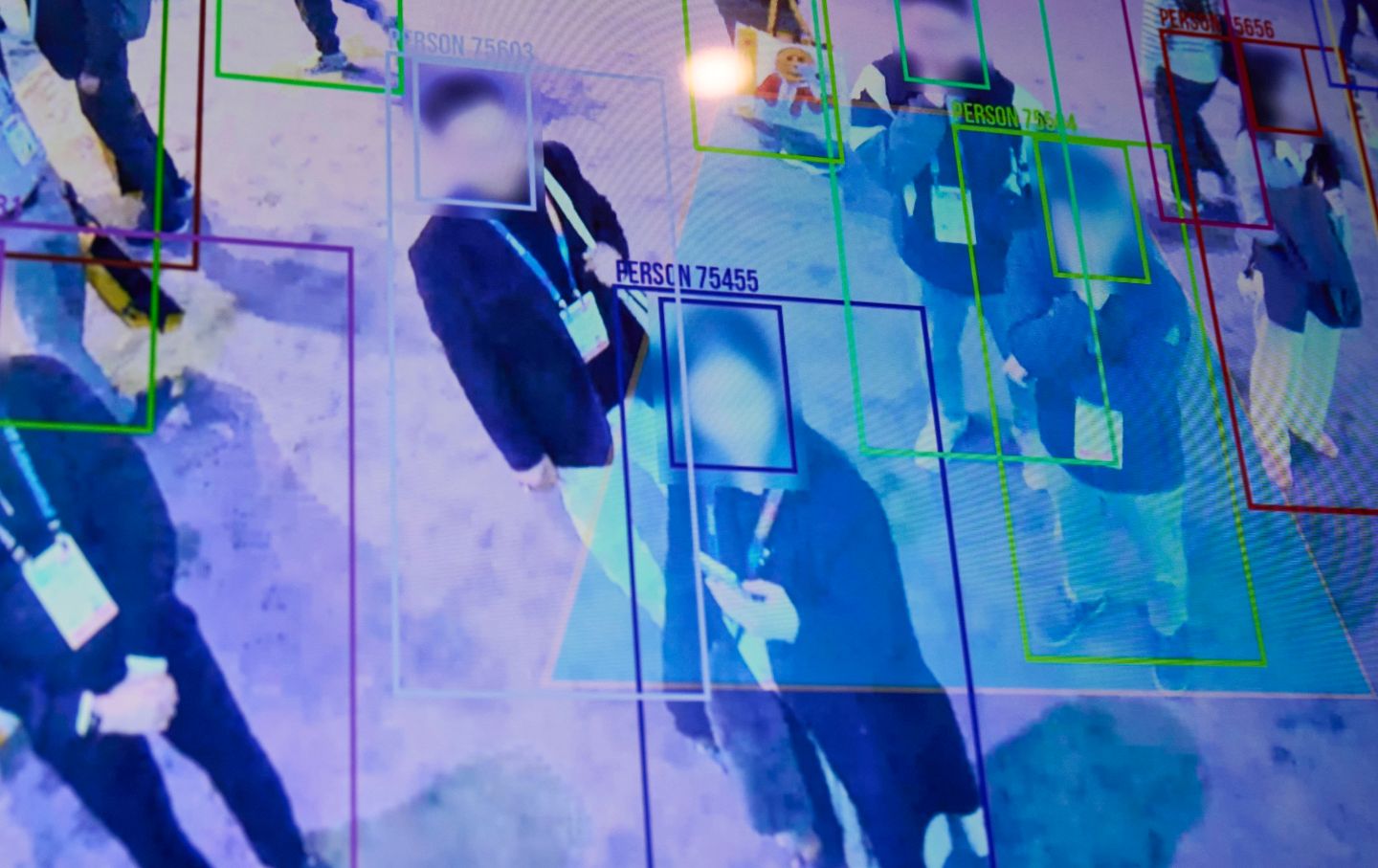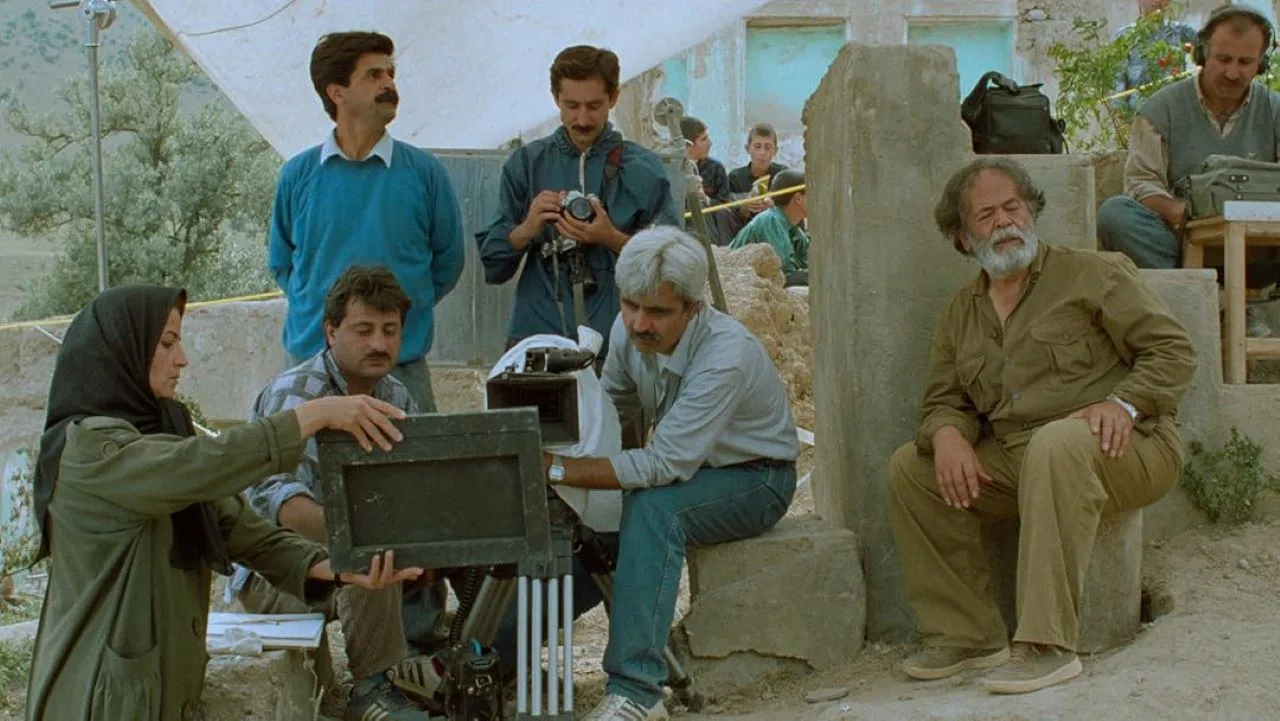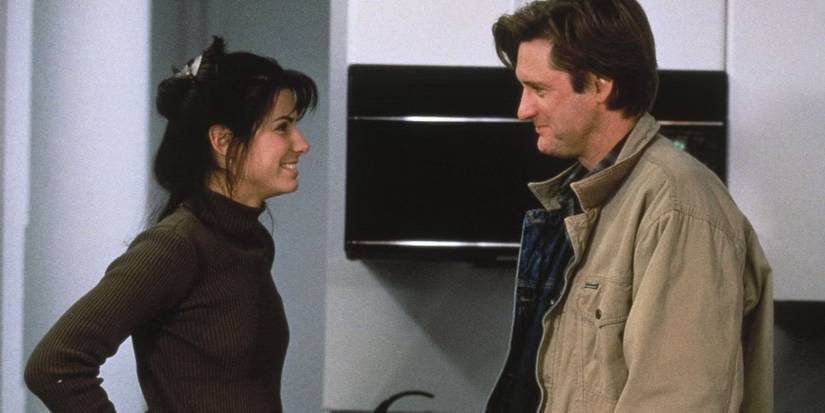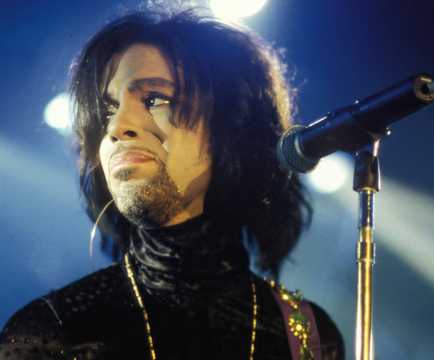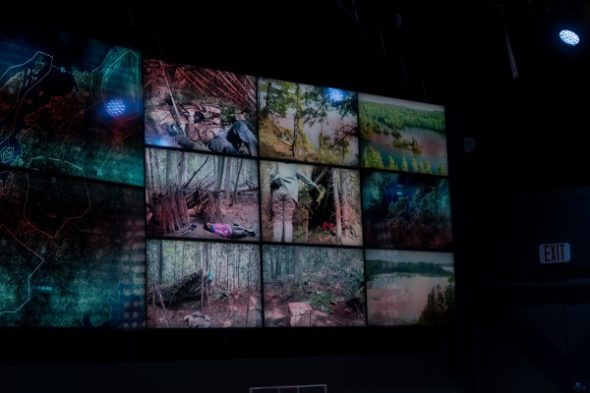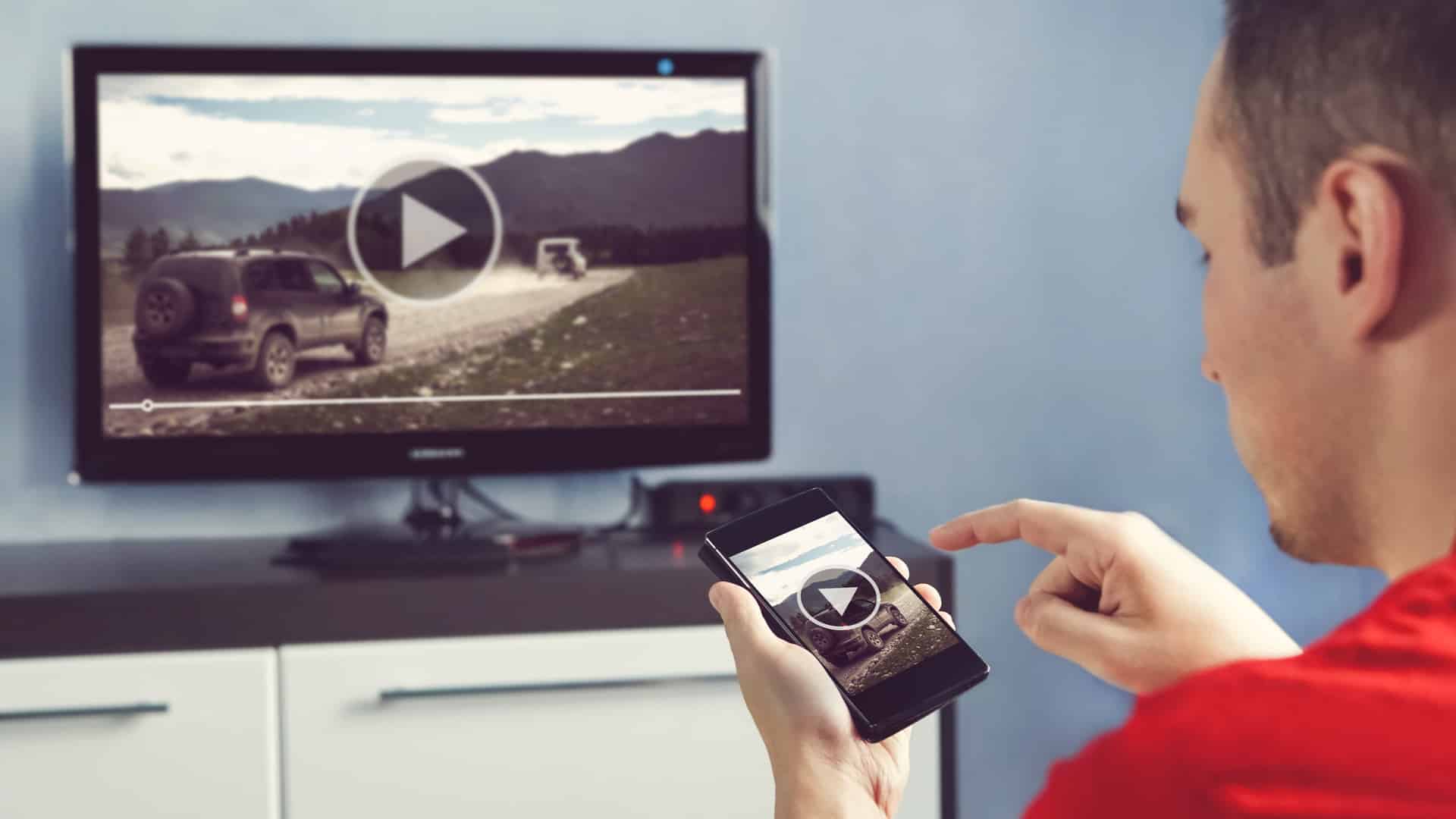[ad_1]
This week, technology company IRCODE introduced an image-scanning platform aiming to replace QR codes in video ads. The company uses a patented technology called Exact Match that lets app users scan physical displays like outdoor ads, and video and TV ads.
After unveiling the technology, the company gave MarTech a peek at how the app works in an exclusive interview. IRCODE previously announced outdoor ad scanning capabilities for the out-of-home market.
“One really cool thing about our patents is that it allows for video recognition,” said founder and CEO Matty Beckerman. “So it’s not just for static ads, but for actual commercials, TV and interactive advertising and digital out-of-home.”
Scanning ads. It uses a technology called Exact Match, which allows users to scan and interact with ads on their phone. Instead of reading a QR code placed on the content, it recognizes the entire image or video and takes the user to the next stage in the journey.
Currently, the solution requires a user to download an app to scan ads, however publishers have the option of integrating IRCODE’s technology in their streaming apps.
“We can white-label our technology directly into networks’ apps, where it could be [the publishers’] app where it can have a shopping function directly [built in],” said Beckerman.
Shoppable products. The new video ad capabilities provide the same interactive functions for users as when they scan a billboard or other static-image ad.
“When you watch a show you can immediately scan the screen and get all of the items, shoppable, right there,” Beckerman said. “The sweatshirt [a TV star] is wearing, you can immediately go to it, open it up directly in Amazon and shop immediately.”
Brand and publisher control. The IRCODE solution doesn’t spontaneously make every scanned object on a screen, or in an ad, shoppable. Instead, the advertiser and publisher choose which destination to take users to according to where in the video the viewer is. The image recognition identifies the specific ad or scene in a video that the viewer is scanning.
It’s easy to see why this would be valuable in a TV show use case. A consumer scans the screen of an episode and is immediately shown featured products, which they can purchase.
The advertiser and publisher select the queue of products — or other actions, a contest perhaps — at every point in the programming. The backend UI allows for marketers to easily drag and drop shoppable products to build out and manage this experience for viewers.
The result is an opportunity for curated brand placement and shopping without QR codes.
“If it’s a beer in the scene, and Heineken has paid a lot of money for product placement, it has to be a Heineken — it better be curated,” Beckerman explained. “That’s why placements are directed by the brand and network.”
Analytics. Advertisers and publishers also can measure ad engagement in real time using IRCODE’s analytics. Metrics include engagement time, location, frequency and conversion rates.
Why we care. From a design standpoint, QR codes are clunky. But they act as a necessary prompt for viewers to scan and interact with the ad. Without the code, streamers have to prompt users to scan in another way — for example, at the beginning of an episode, captioned on the screen, or through instructions by the on-screen talent.
However, with the adoption of visual search with tools like Google Lens, more mobile users are used to pointing and clicking with their phones to comparison shop and learn more about objects in their environment. IRCODE’s approach to shoppable ads fits in with this growing tendency, and the ability for TV publishers to integrate it into their app experience reduces the friction point of having to download a separate IRCODE app.
Dig deeper: Walmart launches shoppable ads on NBCUniversal’s Peacock
[ad_2]
Original Source Link











